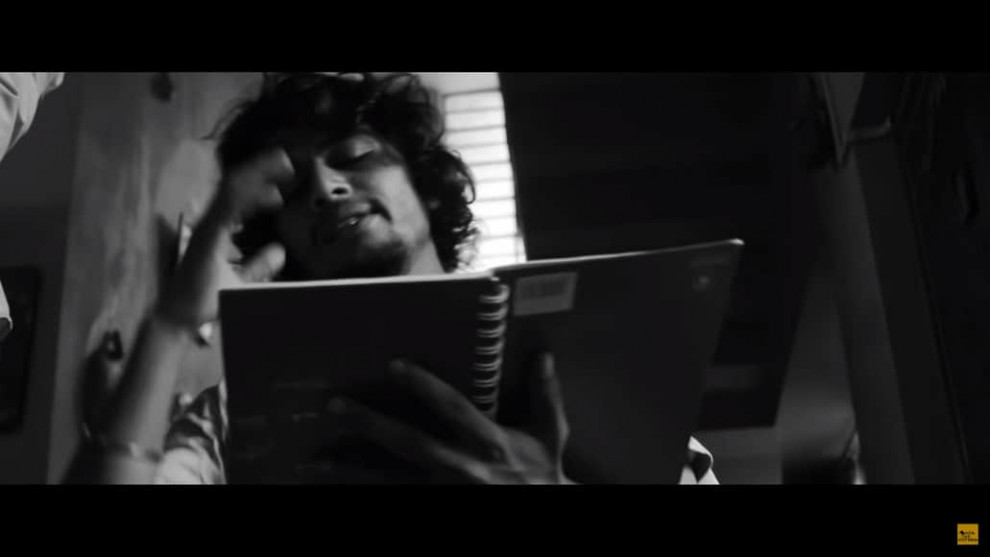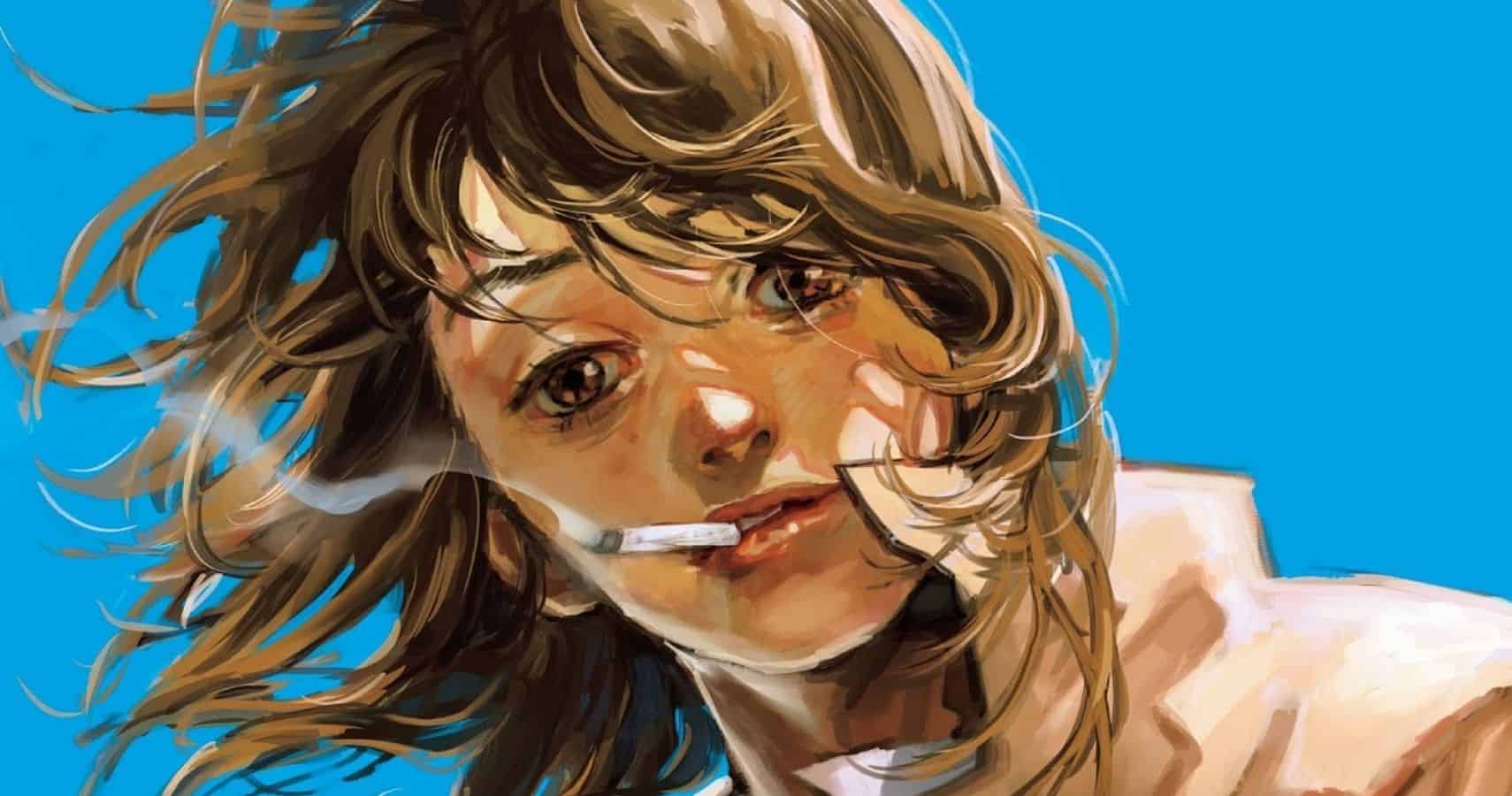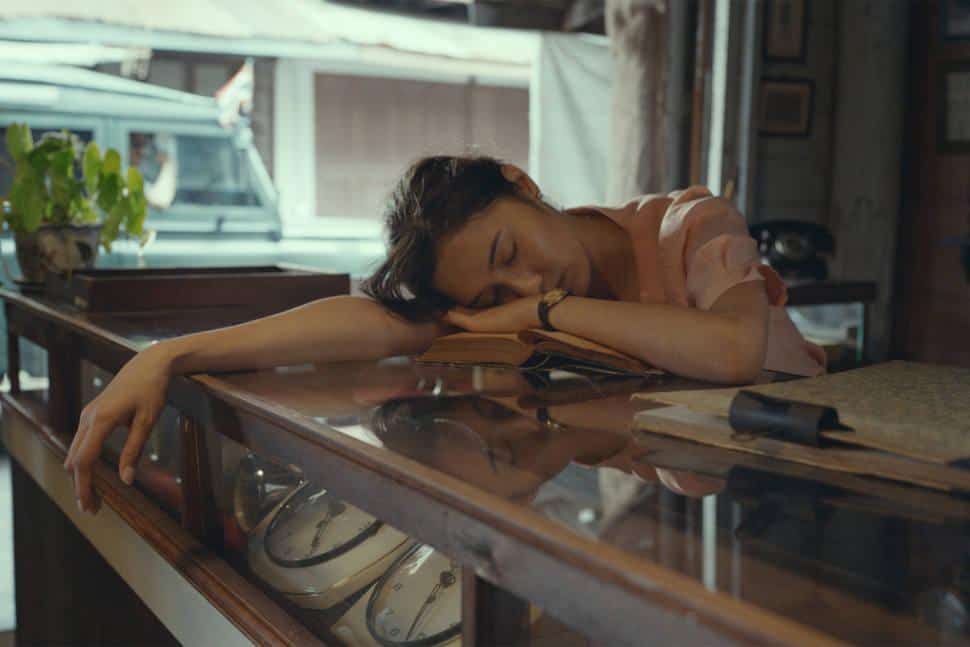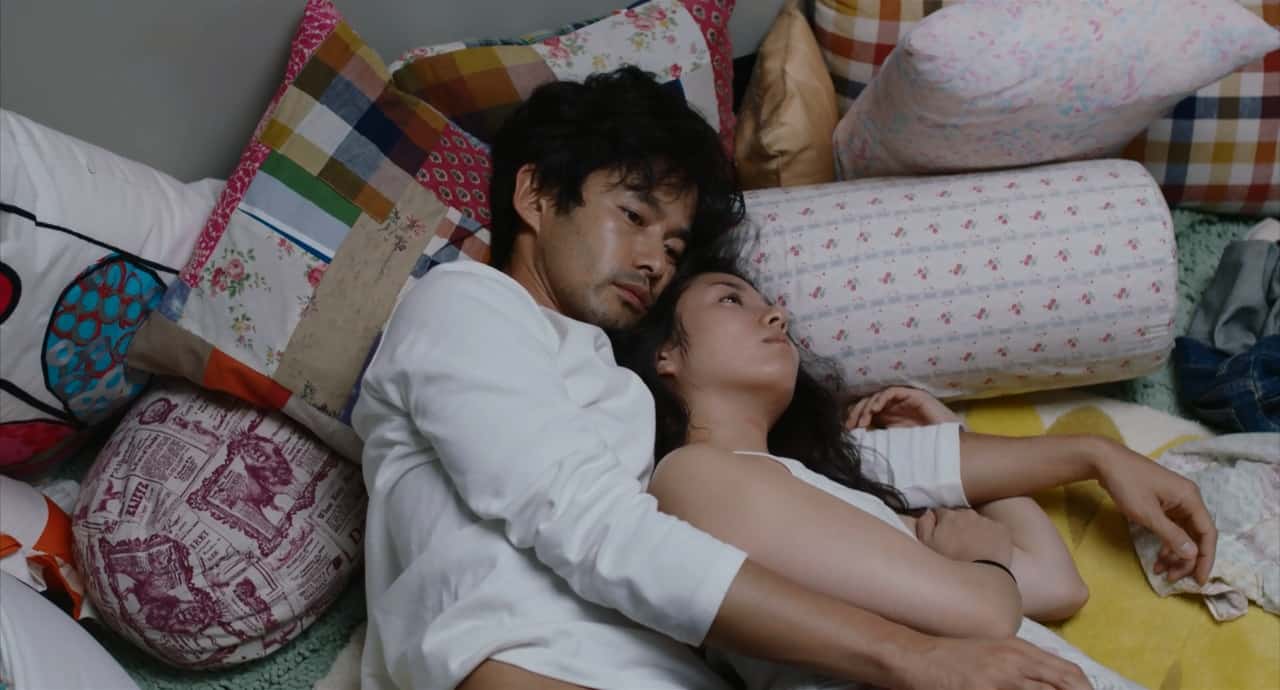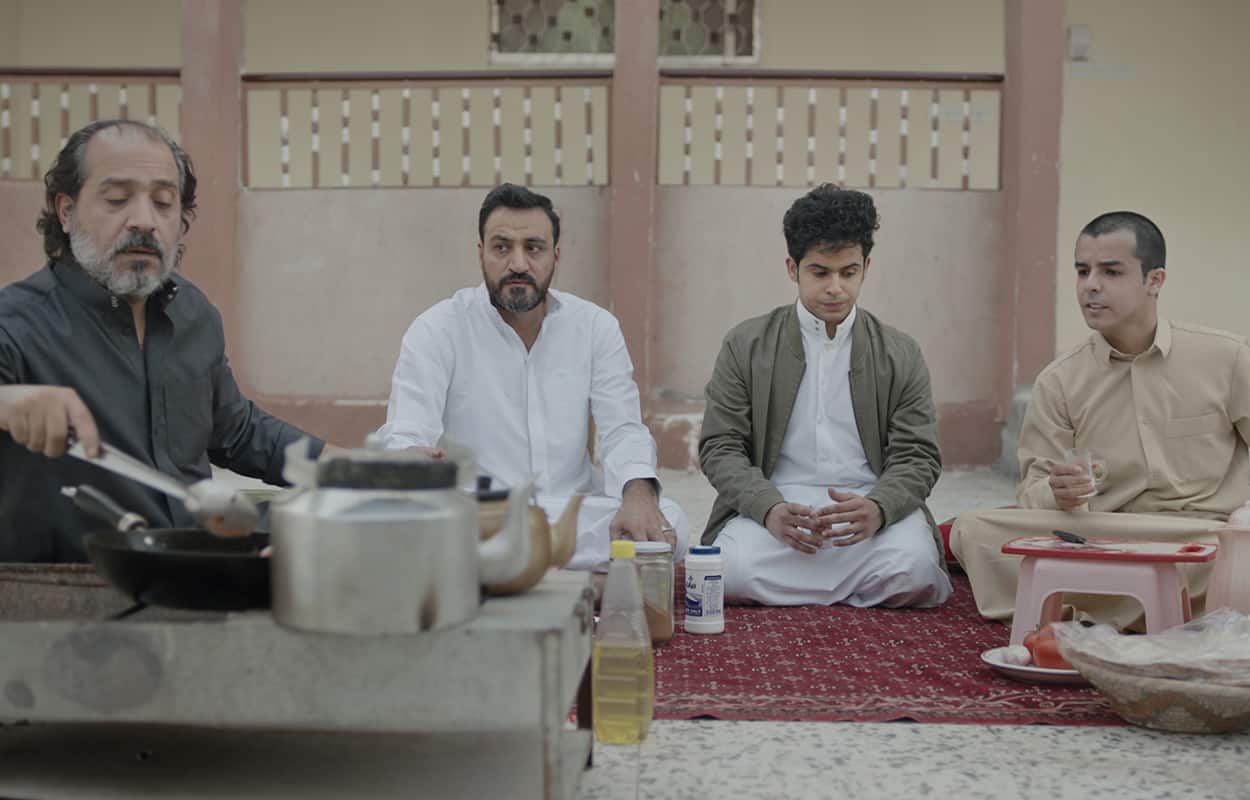“We are a dot in a universe without hope.”
Although we live in times in which seemingly every subject can be tackled by artists and media, this does not mean we experience enlightened times. In fact, considering the treatment of many topics from sexuality to war zones, we might even say artists mimic the way some of these themes are shown in society. Often they are not discussed, branded as being “taboo” or falsely depicted, making it hard for those actually wanting to know about them to receive an authentic image. Of course, there are documentaries – some good, some bad – but given the nature of the medium of film it is not only about presenting a topic. You could also define the task of the artist to provide his or her audience with something which goes beyond, without deflecting the issue.
Sadly, depression remains a topic which has to be counted to those many depictions do not seem to understand or show in the wrong light. It is easy to use the label that someone is “depressed”, but, as many of us know, this has nothing to do with the kind of sickness depression actually is. At the same time, as mentioned before, the illness has become perhaps so much of a symptom of modernity, it has resulted in it being a taboo topic. However, directors such as Jitanshu Sharma are unafraid of tackling the issue, for example, in his short feature “Dhrubotara”, showing depression for what it is, a sickness which clouds the perception of those affected, often with disastrous consequences.

In the feature, we follow the story of a young filmmaker played by Prasenjit Chakraborty, who is working on a documentary about suicide survivors. As he is about to conduct another interview, he becomes increasingly frustrated with the way the production proceeds. During the actual interview with a social worker, played by Riddhiban Banerjee, he appears distracted and often impatient with the answers he receives. After the interview, the social worker wants to talk with the director, eventually confronting him with his own demons, his feelings about the world as well as the unprocessed loss of his mother.
Covering a wide range of topics like the ones Jitanshu Sharma has picked for his feature is quite a difficult challenge. Besides the aforementioned issue of depression, the film quite often delves into the nature of memories, of loss in general as well as the universal question of the evils in our world and humans can cope with them. However, as he focuses on the individual, in this case the young filmmaker, he manages to create a very relatable, engaging narrative driven by the emotional, committed performances of his cast.

Within the framework of this story, depression may be seen as the symptom of a more universal problem. Prasenjit Chakraborty's frequent statements about the hopeless nature of the world is countered by those of Riddhiban Banerjee, who has found a more constructive solution of dealing with these issues. While this seems like a “black-and-white”-view to some, the storytelling evades giving a straight solution to the viewer, even though there might be a way for the central character. Highlighted by the use of color and music, the path to any of these options, or rather alternatives to depression is painful and may even worsen the sickness instead of providing the antidote.
In the end, “Dhrubotara” is an interesting, character-driven drama about depression, loss of hope and the challenges life poses on the individual. It shows the kind of demons you have to fight in order to maintain a sense of reason considering the state of the world often suggests a more (self-) destructive solution.


